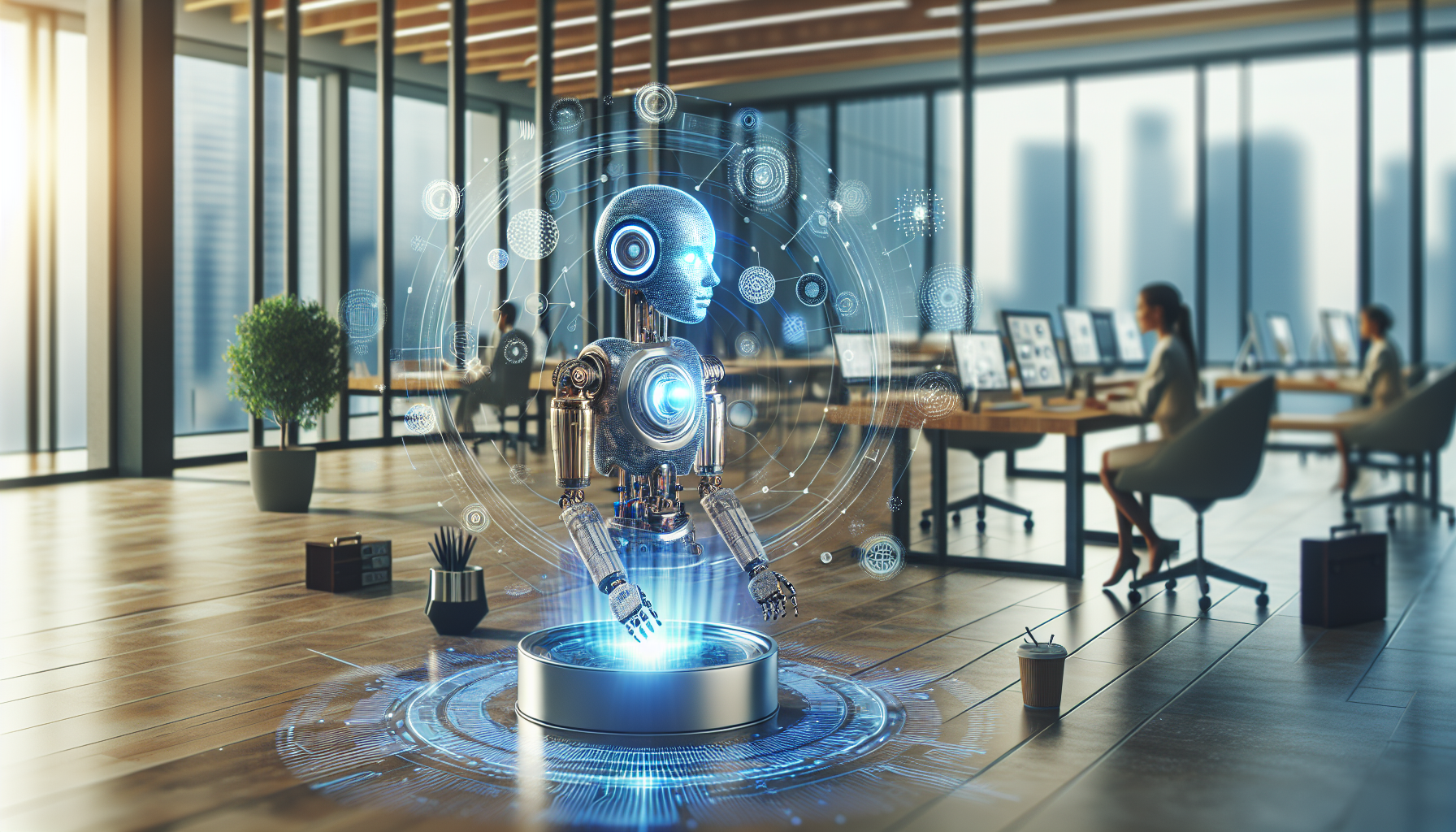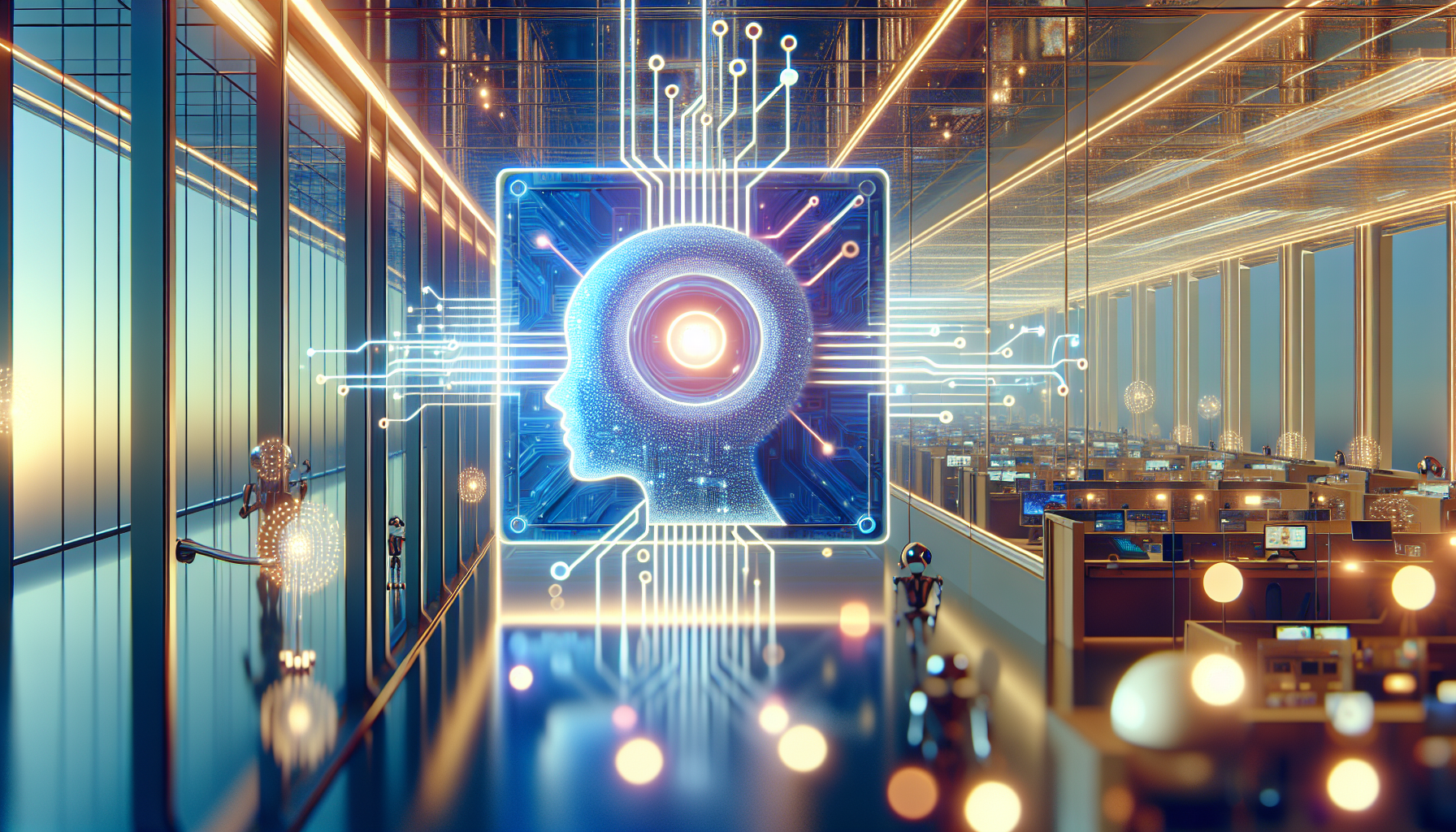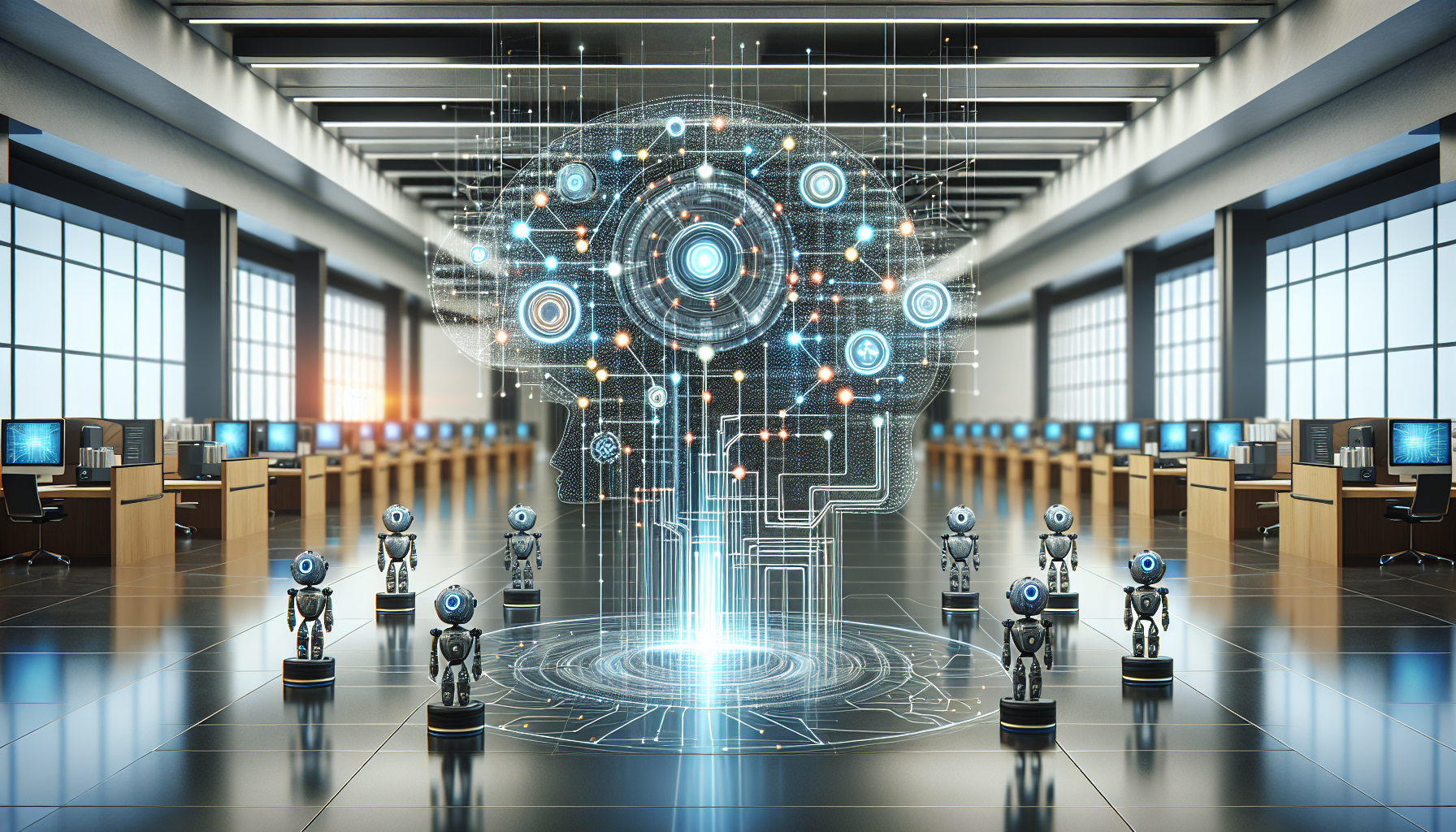
The Road Ahead: How AI is Steering the Future of Autonomous Vehicles
October 18, 2025
Imagine a world where traffic congestion is a relic of the past, accidents are few and far between, and the daily commute is a time for relaxation rather than stress. This vision is not just a flight of futuristic fancy but a tangible possibility thanks to the revolutionary role of artificial intelligence in autonomous vehicles. While AI's impact on various industries is a story often told, the nuances of its application in autonomous driving offer particularly inspiring insights into both its current capabilities and future potential.
AI's involvement in the automotive industry extends beyond mere automation. It serves as the cerebral cortex of autonomous vehicles, processing a plethora of data points in real-time to make split-second decisions that ensure safety and efficiency. But what exactly is AI doing behind the wheel, and how is it steering the automotive landscape toward this promising horizon?
At the heart of AI-driven vehicles is machine learning, a subset of AI that enables systems to learn from data and improve over time. By analyzing vast datasets from sensors and cameras—akin to a car's eyes and ears—AI systems can identify objects such as pedestrians, cyclists, and other vehicles, and understand their actions. This capability is crucial for navigating complex urban environments where variables are constantly in flux.
Moreover, AI's role in autonomous vehicles isn't just about human mimicry; it's about enhancement. Unlike human drivers, AI systems don't suffer from fatigue or distractions, and they can process information far more rapidly than the human brain. This translates into quicker reaction times and potentially fewer accidents. The implications are profound, not just for individual safety but also for public health and urban planning.
One lesser-known yet fascinating aspect of AI in this arena is its contribution to environmental sustainability. By optimizing routes and driving patterns, AI can significantly reduce fuel consumption and emissions. Furthermore, the integration of AI with electric vehicle technology is paving the way for a greener future, where the carbon footprint of transportation is dramatically reduced. In this sense, AI isn't just driving cars; it's driving the global agenda for climate action.
The trend analysis of AI in autonomous vehicles reveals a trajectory of exponential growth and innovation. The continuous refinement of algorithms and the increasing sophistication of neural networks hint at a future where fully autonomous vehicles could become the norm rather than the exception. Companies are investing heavily in research and development, racing to overcome the remaining challenges, such as navigating adverse weather conditions and ensuring cybersecurity.
But innovation is not without its hurdles. The journey toward fully autonomous vehicles requires overcoming significant technical and ethical challenges. The question of accountability in the event of an accident, for instance, remains a hot topic of debate. Nevertheless, the strides being made are commendable, and the commitment to overcoming these obstacles is a testament to human ingenuity and resilience.
As AI continues to drive advancements in this field, the societal implications are profound. Autonomous vehicles promise to redefine mobility for the elderly and those with disabilities, offering unprecedented independence and accessibility. Additionally, by reducing the need for personal vehicle ownership, AI could lead to a future where urban landscapes are transformed, with more space for green areas and less for parking lots.
The narrative of AI in autonomous vehicles is one of hope and aspiration. It shows us that the road ahead, while not without its challenges, is paved with opportunities for innovation and improvement. As we stand on the brink of this automotive revolution, we're invited to ponder: how will this technology reshape our cities, our lives, and our world? The answers will unfold as we continue to navigate this exciting journey, driven by the relentless progress of artificial intelligence.


